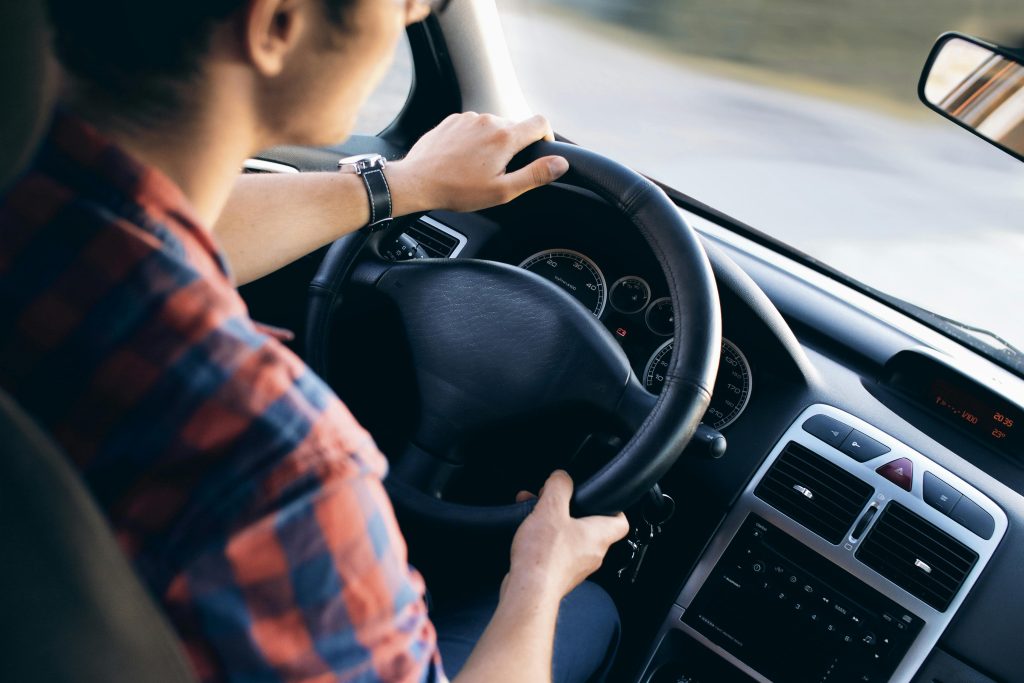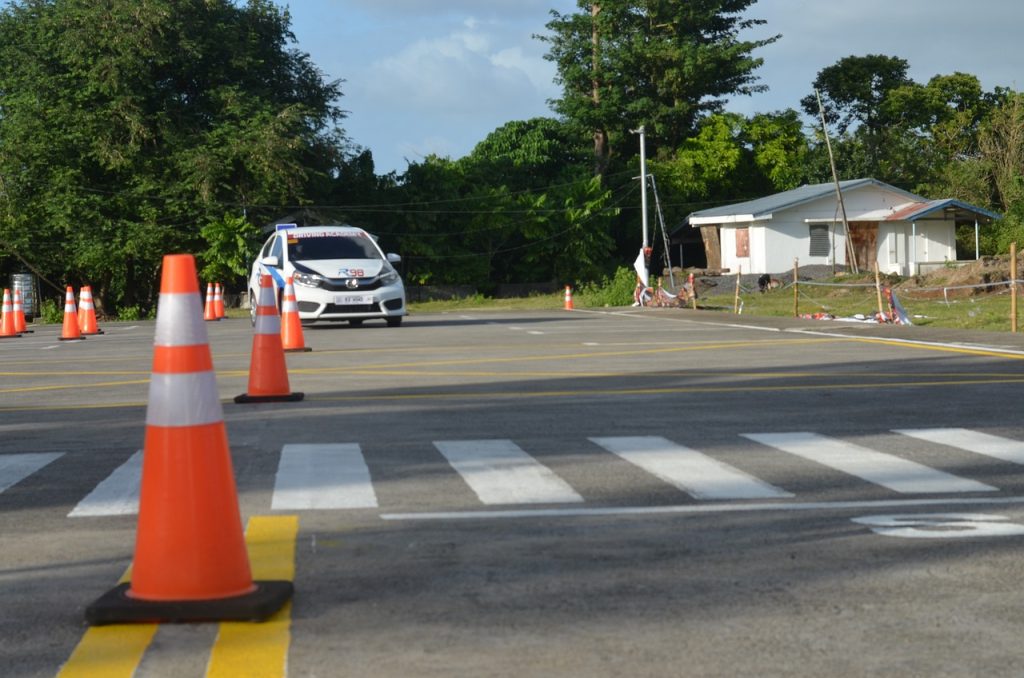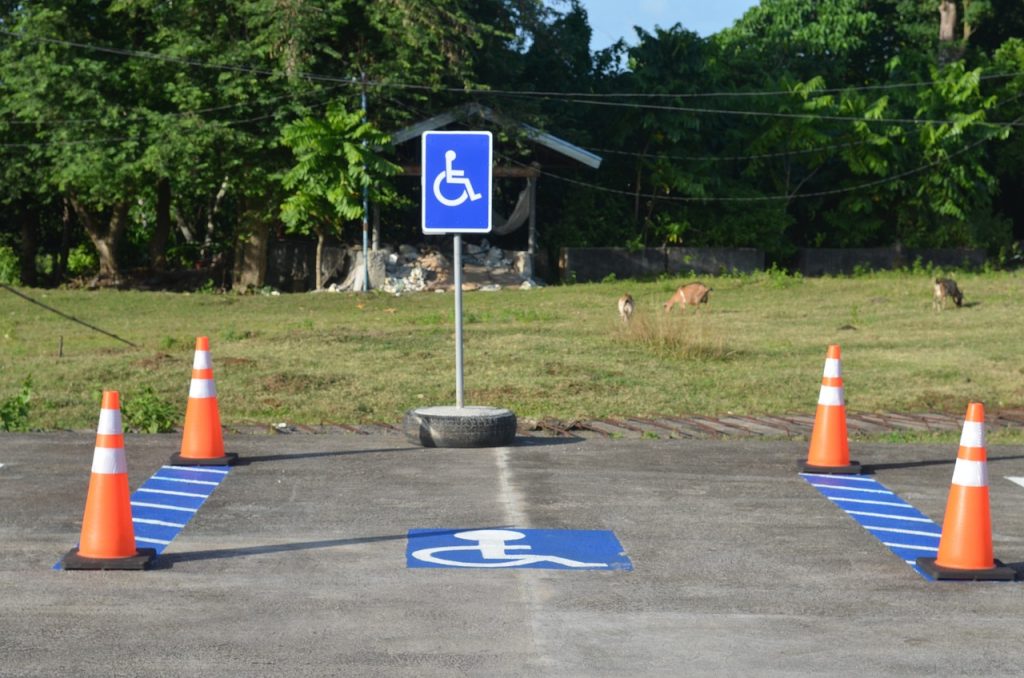Learning to drive is not just about operating a vehicle; it’s about gaining independence and autonomy in all aspects of life. Driving education empowers women to break free from traditional gender roles and societal expectations, allowing them to make their own decisions and pursue their goals with confidence.
By giving women the ability to travel independently, driving education enables them to assert control over their own lives, make choices that align with their values and aspirations, and pursue opportunities for personal and professional growth.
Through structured lessons, practical training, and supportive instruction, driving education empowers women to develop the skills, knowledge, and mindset needed to handle challenging driving situations with confidence and composure.
For many women, the prospect of learning to drive can be daunting, especially in environments where road safety is a concern. However, driving education goes beyond just teaching technical skills; it also instills confidence and resilience in women, helping them overcome fears and navigate the road safely.
Access to driving education can have a transformative impact on women’s economic empowerment, opening up new opportunities for employment, entrepreneurship, and financial independence.

By enabling women to travel to work or start their own businesses, driving education increases their access to economic opportunities and reduces dependence on others for financial support.
In many cultures, driving has traditionally been seen as a male-dominated activity, with women often discouraged or prohibited from learning to drive. However, driving education challenges these gender norms and stereotypes by promoting the idea that driving is a skill that anyone, regardless of gender, can learn and master. By empowering women to take control of their own transportation, driving education promotes gender equality and challenges outdated notions of gender roles and capabilities.
Additionally, women who hold driver’s licenses may also qualify for jobs in sectors such as transportation, delivery services, and tourism, further expanding their economic prospects and contributing to their financial stability.

Driving education has the power to transform women’s lives by breaking down barriers to mobility, fostering independence and autonomy, enhancing safety and confidence, promoting economic empowerment, and challenging gender norms and stereotypes.

Through education, training, and empowerment, women can take their rightful place in the driver’s seat and chart their own course to success.

Modern driving colleges offer comprehensive training that extends beyond conventional lecture room practise to encompass sensible education and real-international application.

The curriculum of these schools is designed to equip college students with the know-how, competencies, and attitudes vital to turn out to be safe and responsible drivers.
The curriculum of contemporary using schools generally begins with classroom practise, wherein college students learn about visitors legal guidelines, road signs, and riding policies. Instructors cover subjects together with proper-of-way regulations, speed limits, parking policies, and the dangers of impaired and distracted riding. Classroom instruction affords college students with a solid basis of know-how that paperwork the basis for safe and accountable driving practices.
